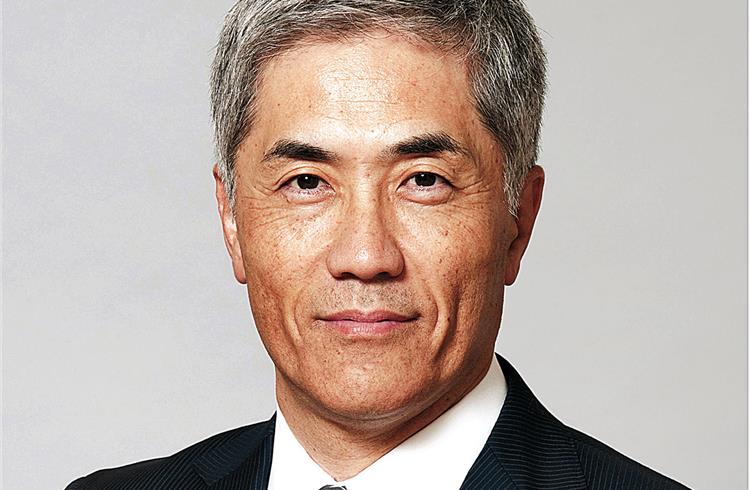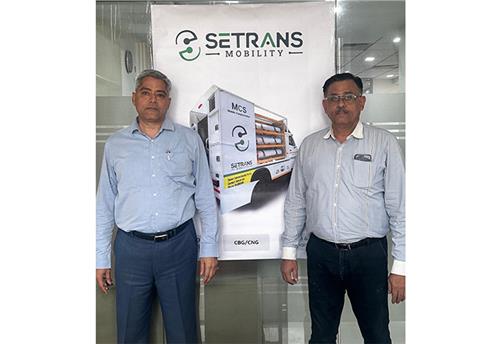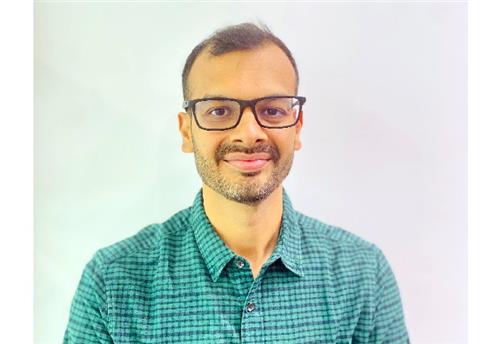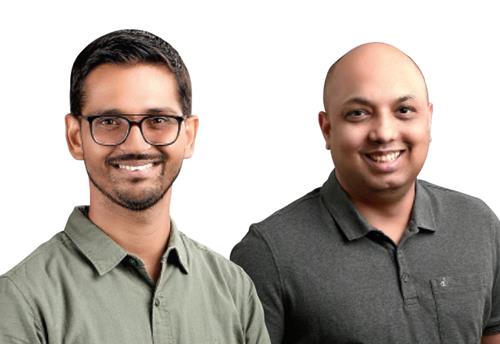‘Yokohama’s image will always be about the driving.’
Hikomitsu Noji, president (Tyre Business), Yokohama Rubber Company, speaks to Nikhil Bhatia about the new India plant, the focus on the aftermarket and the connect with motorsport.
Is the setting up of the new plant in India (at Bahadurgarh in Haryana) part of a concentrated effort to benefit from India’s growing domestic market?Yes, we have a mid-term growth plan called GD100 in the run up to our 100th year anniversary in 2017. This is one of the biggest management plans and includes investments not only in Japan but Russia, China, Thailand, The Philippines and now India. One of the empty areas several years ago was India and we didn’t do anything about it. But we decided to start in 2005 and bought the land for the plant in 2008.
Is this the first of similar investments in India in the next 10-15 years?
Yes, this is only the first step. We are at 2,000 tyres a day. We can expand four times on this land depending on sales. Maybe two or three years later, we might need to expand further.
At present, capacity is 2,000 tyres per day and can go up to 8,000. Will that enable you to supply to OEMs?
Yes, I think so. My rough calculation is we can utilise 30 percent of max capacity for OEMs but it depends on the costs. It’s tough doing business with OEMs because of costs. We need to keep thinking about construction or weight. Car manufacturers want lighter tyres (due to low rolling resistance) but in the market people prefer heavy tyres because they associate them to be strong.
Is the replacement market the main focus?
Yes, replacement first, then OE.
Are there any plans to have an R&D setup in India?
At present, we are producing only 2,000 tyres, so it’s too early to have a technical centre here. But of course, to develop tyres you need technical information because of different customer requirements. But our engineers will keep coming here.
So Japan will remain the main R&D centre?
Currently, Japan is the main R&D facility. But in the future, the Thailand centre will take care of the Asian region, the US is looking after development North America and so on. Japan will remain the place for final approval. That’s the system we are looking at.
In local manufacture, they’ve had a problem with Indian rubber. Is the rubber you use sourced locally?
Fifty percent of our raw materials is imported. All the natural rubber is imported. In our case, local natural rubber is already occupied by other tyre makers. That’s the reason we are importing. But in the future, after we examine the quality, we will try sourcing locally. It’s also got to do with costing.
In India the perception of Yokohama is of a sports tyre. Is it a challenge to change the mindset when marketing a relatively mass product like with the Earth-1?
When we are selling only imported tyres, we had to focus on certain segments — the higher segments. Of course, we cannot avoid the mass market. We’ve been selling imported tyres in the mass market.
To expand the mass market, local India-made is necessary. One of the reasons to establish is to do this. To do this we conducted a survey and then we developed the tyre. The top category of the Advan Sport uses high technology which we are also using on the Earth-1. That image is what we will promote. Yokohama’s image will always be about the
driving.
Yokohama has great history in motorsport. Do you think that’s an opportunity in India? Perhaps have one size for racing?
Shekhar Mehta was a very famous rally driver. If there’s that kind of potential in India, we’re interested. As for one size for racing, it’s a good idea. Perhaps, if VW India requests us, maybe we can do something!
Coming to your racing career, are you still involved?
I used to be a rally driver as a college student. That’s one of the big reasons I joined Yokohama. Advan racing was nice so I wanted to join Yokohama. But after that I become very lucky to become Advan development chief. But I don’t have time to drive by myself. I always go to the circuit, rally or raid to support.
We have Yokohama Motorsport International which is one of our companies that is taking care of Advan racing development, production and delivery. So once a month, I see if they doing a good job or not (laughs) because they need to develop future technologies. Motorsports is the best, easiest and quickest way to test new technologies. Orange oil which is made of orange peel is a natural source and provides better grip. That sort of technology comes from motorsport. So it’s very important.
Today how much do you think technology makes it from F3 to a regular car on the roads?
Fuel consumption and wet grip are derived from motorsport technology. We can do the low rolling resistance tyres which is the opposite of wet grip. How to balance? These are learnings from motorsport — how to make and how to mix the silica. Ten years ago, we couldn’t make such sorts of silica compounds. But now, our motorsport department has.
So Yokohama is still gaining a lot from motorsports?
Yes and we’ll never stop!
RELATED ARTICLES
Setrans Mobility Booster Charging top-up 25% EV range in 15 minutes
Two enterprising tech-savvy entrepreneurs Rana Roshan Singh and Vivek Ummat of Noida, Uttar Pradesh-based start-up Setra...
'Our products are proudly 100% designed and made in India'
Creatara Mobility, a New Delhi based electric two-wheeler startup, claims to have tackled various challenges in making i...
'EVs have been around for a much smaller time than ICE, so best practices are still evolving'
EV OEMs and start-ups are under pressure to reduce production costs and bring them close to ICE counterparts. Vaibhav Ku...





 27 Nov 2014
27 Nov 2014
 2873 Views
2873 Views





 Autocar Pro News Desk
Autocar Pro News Desk




